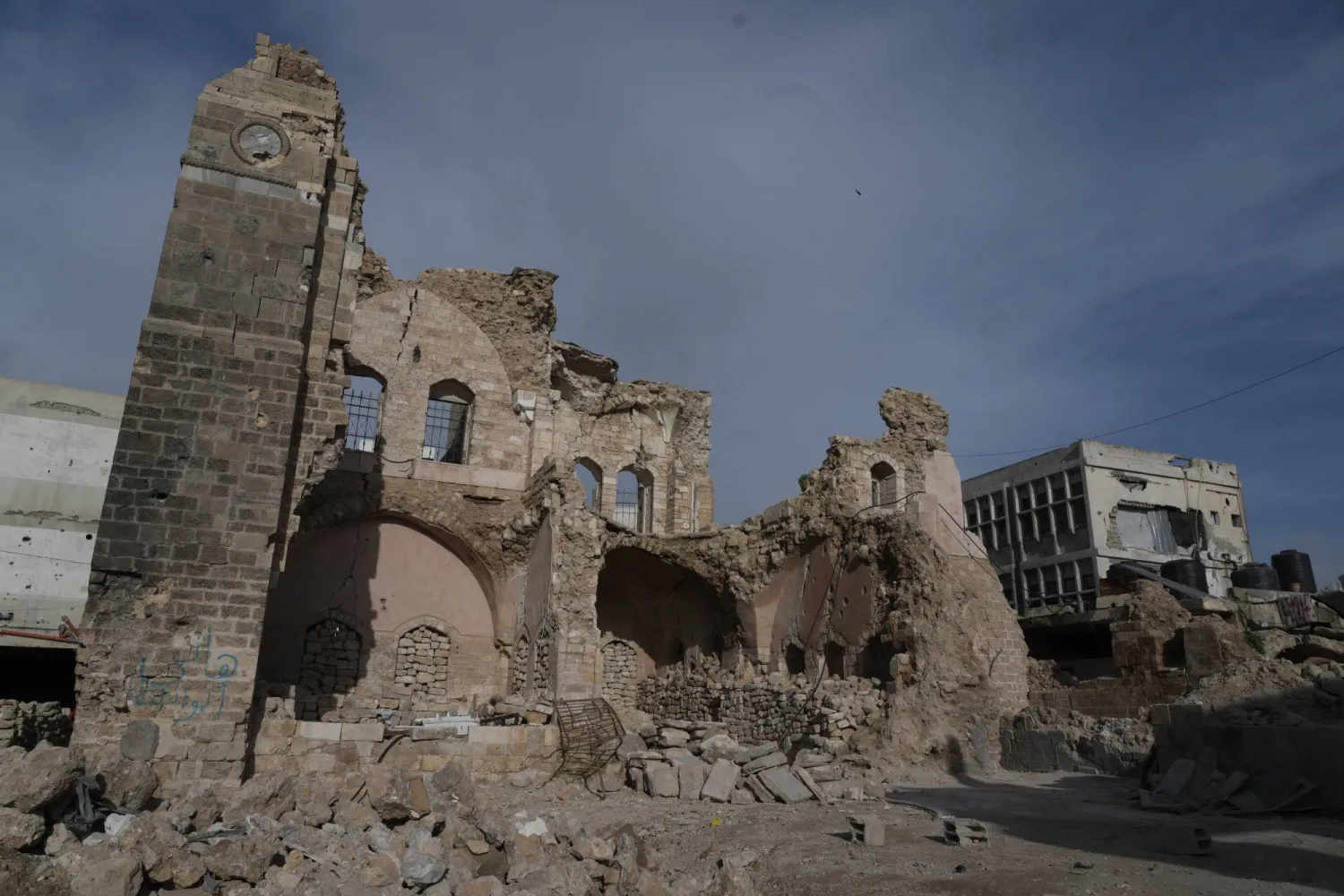Hamas’ Al-Aqsa Flood operation appears to have damaged the Palestinian movement’s ties with Türkiye.
Reports had emerged that Türkiye had called on Hamas to leave the country in wake of the movement’s October 7 operation against Israel.
In a tweet on Monday, the Turkish presidency’s bulletin to combat disinformation denied the reports. It also attached a report by Al Monitor that spoke of Türkiye's “polite” request to Hamas leader Ismail Haniyeh and other members of the movement to leave the country.
Haniyeh has split his voluntary exile from the Palestinian territories in Qatar and Türkiye. He was in Türkiye when the October 7 operation took place.
Reports said that representatives of Turkish intelligence soon met with Hamas officials to inform them that Turkish authorities would no longer be able to ensure their security in wake of Israeli threats. Soon after, Hamas officials decided to voluntarily leave Türkiye.
Turkish reporter Murat Yetkin noted that the presidency’s denial was only posted in Arabic, not Turkish, meaning Ankara wanted to deliver a message to the Arab street, while also concealing the issue from the Turkish public.
He added that Hamas seems to have erred when it believed that attacking Israeli civilians would not damage relations with Ankara, which has condemned the killing of civilians on both sides of the conflict.
Turkish President Recep Tayyip Erdogan had expressed his rejection of the killing of any civilians, calling on Israel and Hamas to show restraint.
“We oppose indiscriminate acts against Israeli civilians and the two parties must respect the rules of war,” he urged.
Türkiye’s position angered Hamas and other Palestinian groups, noting that Erdogan’s latest position stands in contrast to his previous ones that were aligned with their cause. They noted that his recent calm stance does not serve the Palestinian cause.
Israel, meanwhile, has opposed Türkiye playing a mediator role to end the crisis with Hamas. Israel’s ambassador to Ankara said Türkiye cannot act as a mediator because it sometimes hosts prominent Hamas member Saleh al-Arouri, who “should be tried for crimes against humanity.”
Turkish sources told Asharq Al-Awsat that Ankara “could not justify the killing of civilians by Hamas, while also condemning Israel’s barbaric killing of civilians.” They added that Ankara was angered by the death of Israeli civilians in Hamas’ attack.
Yetkin said, however, that Ankara has not severed its relations with Hamas. Erdogan held a telephone call with Haniyeh on Saturday to discuss the release of hostages, a ceasefire and delivery of aid to civilians. He then held talks with NATO chief Jens Stoltenberg to discuss Gaza.
Yetkin added that the United States and European Union probably expect Türkiye, Egypt and Qatar to play a role in the release of hostages held by Hamas, while still also opposing contacts with the movement.
The Palestinian movement’s attack had put Türkiye in a difficult position in balancing its foreign relations.
The Al Monitor report, by Turkish journalist Fehim Tastekin, said Türkiye “has been trying to carefully calibrate its stance in the face of the war (...), maintaining its advocacy of the Palestinian cause while cooling ties with Hamas and seeking to avoid a fresh fallout with Israel.”
It noted that “the crisis hit at a time when Erdogan is pursuing normalization with regional powers, including Israel.”
“At first glance, one could suggest that the Erdogan government’s close relations with Hamas have now driven it into a corner. Moreover, one could expect growing US pressure on Ankara to sever ties with Hamas after the dust settles,” it added.
Türkiye has been seeking to normalize relations with Israel after years of tensions. Erdogan met with Israeli Prime Minister Benjamin Netanyahu on the sidelines of the United Nations General Assembly on September 20 for the first time in years.
Moreover, Hamas’ attack derailed a visit to Israel by Turkish Energy Minister Alparslan Bayraktar, who was expected to discuss a pipeline deal that would have carried natural gas from Israel to Europe through Türkiye.
Hamas’ attack has even led to criticism from Erdogan’s Justice and Development Party (AKP). For the first time, journalists in pro-AKP media have described Hamas’ attack as “terrorist” and a “war crime”, saying its practices were no different than the repeated Israeli violations against the Palestinians.
However, the Israeli escalation in Gaza and disproportionate response, attacks on hospitals, schools and places of worship, as well as Washington’s green light for Israel to continue its operation, have sparked condemnation in Türkiye.
Anger against Israel has been expressed by the Turkish street, prompting Israel to pull out its diplomats from Türkiye for security reasons. The AKP is also planning to hold a rally in Istanbul on Saturday in solidarity with Gaza.












